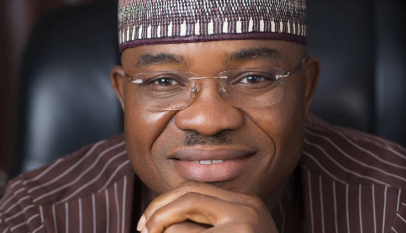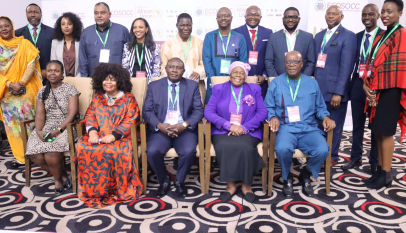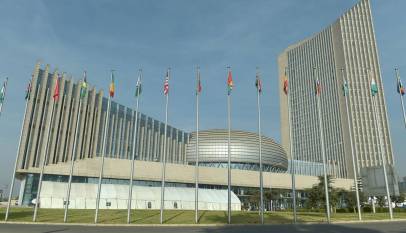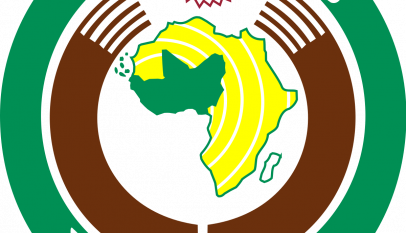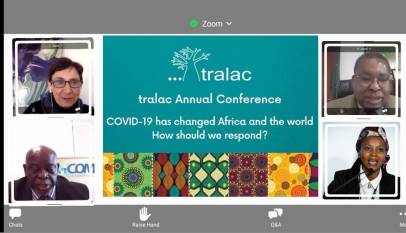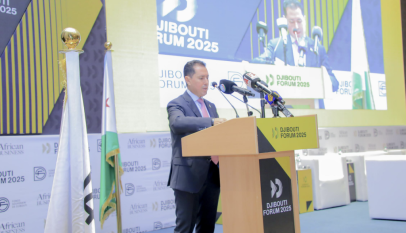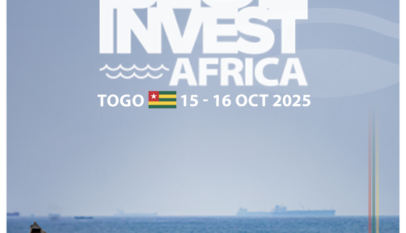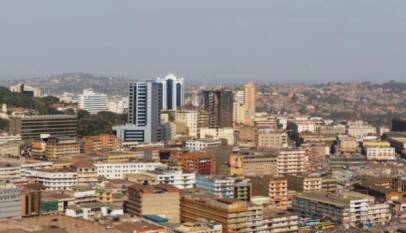PROFILE | Wamkele Mene: The young South African diplomat to drive AfCFTA’s implementation
After seven rounds of voting characterized by intense diplomatic battle, at the last AU Summit, South Africa’s Wamkele Mene emerged the first-ever Secretary-General of the African Continental Free Trade Area (AfCFTA) secretariat, to be headquartered in Accra, Ghana
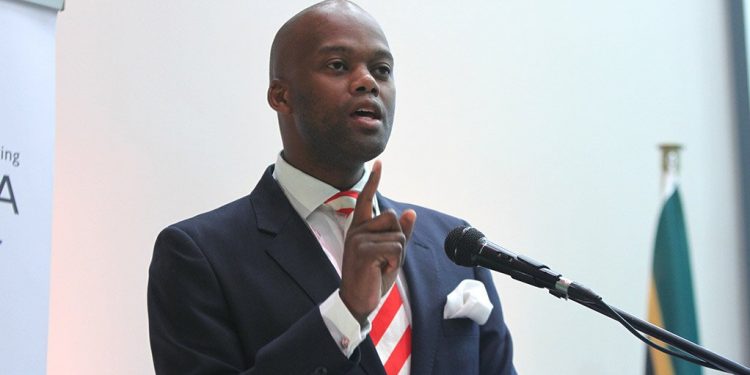
Forty-two-year-old Wamkele Mene is a top trade diplomat, who until his election to lead the AfCFTA’s secretariat, has worked as South Africa’s head of mission to the World Trade Organization (WTO) in Geneva, Switzerland. As his country’s head of mission at WTO, Mene negotiated trade issues on behalf of South Africa at the global forum where the rules of international trade are set, also serving as South Africa’s chief negotiator in the African Continental Free Trade Area (AfCFTA) negotiations.
Mene only emerged as the first head of the AfCFTA’s secretariat after seven rounds of voting by African heads of state and government – a typically un-African Union process, the Union having always favoured consensus over voting. He defeated Cecilia Akintomide of Nigeria and Faustin Luanga of the Democratic Republic of Congo (DRC) to clinch the coveted position. Although Mene’s name was at the top of the list of 3 finalists, penciled down by an AU panel of African trade ministers tasked with the responsibility of cutting down a list of 121 applicants for the key continental post, Nigeria and DRC refused to withdraw their candidates, which would have seen him emerged unopposed.
Consequently, the selection of the occupant of AfCFTA’s top job dragged from the meeting of the AU’s Executive Council of ministers through the session of the assembly of heads of state and government, culminating in the series of voting that eventually saw South Africa beating both Nigeria and DRC to clinch the influential post. Although 3 AU Member States went to battle for the position, analysts see the race for the top AfCFTA job as more of a two-horse race i.e a fight between Africa’s two biggest economies – South Africa vs Nigeria.
As the continent’s two biggest economies, relations between South Africa and Nigeria had not always been smooth – it has always been a love-hate relationship. This rivalry was mostly sparked by the presence of a significant population of Nigerians living and working or doing business in South Africa; they have often times being the targets of South Africa’s xenophobic attacks. This is being fuelled by entrenched stereotyping of Nigerians as drug lords, human traffickers and internet scammers. Whereas many Nigerians are guilty of the said crimes in South Africa, many more others are earning legitimate livelihoods working as medical doctors and academics, amongst other professions.
The duo of Nigeria and South Africa, who control 9% and 34.9% intra African trade, respectively, will be integral to the success or otherwise of the AfCFTA. Some view Nigeria’s attitude during the election of the AfCFTA secretariat’s secretary-general as a sign of its anxiousness about a potential competition with South Africa, whose dominance over intra African trade has remained unequalled. As implementation of the AfCFTA is set to begin July 1, 2020, Africa’s two biggest economies cum biggest contributors to intra-African trade must find a way of laying down their arms – in the interest of African free trade!
Mene, who won over two-third of the total votes cast to defeat his two fellow contenders for the post, will oversee the implementation of the AfCFTA and the entire day-to-day operations of the AfCFTA secretariat, whose headquarters will be based in Accra, Ghana; the secretariat will become operational as early as March, 2020. Before becoming head of South Africa’s permanent mission to WTO, between 2010 and 2015, Mene served as deputy ambassador at South Africa’s mission to WTO. Between 2013 and 2014, he served as chair of WTO’s Committee on International Trade in Financial Services.
Mene brings to his new job of overseeing the biggest free trade area in the world by number of countries, an extensive knowledge of trade issues in Africa including trade policy and diplomacy; trade representation; government to government representation; as well as investment and resolution of investment disputes. He holds an LL.M in Banking Law and Financial Regulation from the London School of Economics and Political Science (LSE); an M.A. in International Studies & Diplomacy from the School of Oriental & African Studies (SOAS), University of London; and a B.A. in Law from Rhodes University, South Africa.


